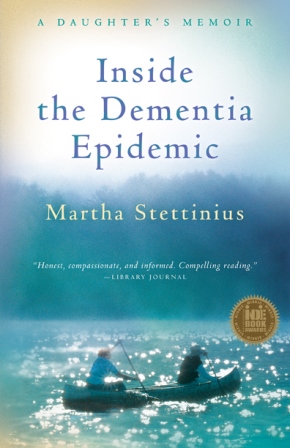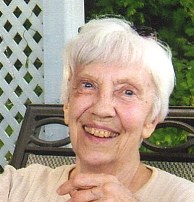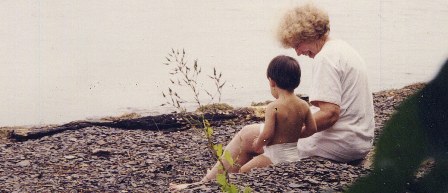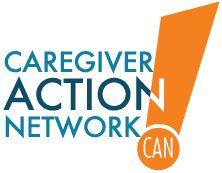"Mindfulness" Techniques for Caregivers
 Tuesday, January 28, 2014 at 05:48PM
Tuesday, January 28, 2014 at 05:48PM  My mother, Judy, and me when she lived in a nursing homeWhen I started caring for my mother, Judy, nine years ago, I never paid attention to “mindfulness” practices (such as meditation, yoga, and breathing exercises) to reduce stress. Mom was living with the early stages of dementia, and as a “sandwich generation” caregiver with a young family and a job, I let my own health and well-being take a back seat. I would develop bronchitis at the drop of a hat, started to have panic attacks, gained weight, and developed food sensitivities. Like many adult children caring for an aging parent, I thought I could be all things to all people—if I just tried hard enough.
My mother, Judy, and me when she lived in a nursing homeWhen I started caring for my mother, Judy, nine years ago, I never paid attention to “mindfulness” practices (such as meditation, yoga, and breathing exercises) to reduce stress. Mom was living with the early stages of dementia, and as a “sandwich generation” caregiver with a young family and a job, I let my own health and well-being take a back seat. I would develop bronchitis at the drop of a hat, started to have panic attacks, gained weight, and developed food sensitivities. Like many adult children caring for an aging parent, I thought I could be all things to all people—if I just tried hard enough.
In today's post for caregivers.com, I review the book "Mindfulness-based Elder Care: A CAM Model for Frail Elders and Their Caregivers," by Lucia McBee, LCSW, MPH, who has over 25 years of experience as a geriatric social worker and mindfulness-based stress reduction practitioner.
“The essential practice of mindfulness,” McBee writes, “involves being present in each moment.” Working toward compassion for ourselves and others, and letting go of judgment and self-judgment, are also important parts of “mindfulness.” This compassion for ourselves as caregivers is especially important, as we often feel as if we “are not doing enough or not doing it correctly.”
If you feel over-stretched as a caregiver, I recommend this book (although it is priced a bit high; perhaps your library could order it). If you are a paid caregiver or a staff member in an elder care facility, this book will help you encorporate mindfulness practices into your work with elders.The book also includes exercises that can be done by people who are living with dementia, from the early stages to advanced dementia.
To read more about "Mindfulness-based Elder Care" and Lucia McBee, read the review here.
























